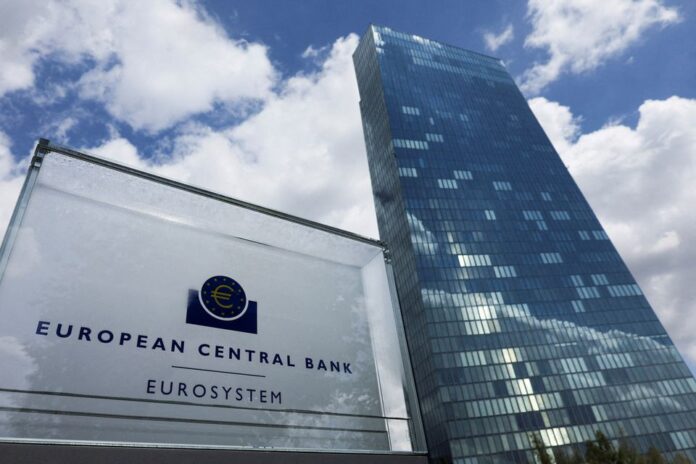The European Central Bank will continue to raise borrowing costs even as the eurozone economy suffers because letting inflation stay high would be even more painful, two top ECB policymakers said on Tuesday, according to Reuters.
The ECB has been raising interest rates at a record pace and steering investors towards more hikes ahead to bring double-digit inflation in the eurozone back to its 2% target.
ECB vice-president Luis de Guindos and Bundesbank president Joachim Nagel said this involved costs in terms of economic growth.
“I will … do my utmost to ensure that we, the Governing Council of the ECB (…) continue to push ahead with monetary policy normalization even if our measures dampen economic development,” Nagel told a German banking conference, adding large rate hikes were necessary.
“Because in a situation where monetary policy gets behind the curve, the overall economic costs would be significantly higher,” said Nagel.
De Guindos added the ECB’s policy would “reduce aggregate demand, both consumption and investment, but it’s the only possible way forward that we have because doing nothing would be much worse”.
The euro zone’s economy is widely expected to shrink this winter due to a combination of higher energy costs, weaker global demand and higher borrowing costs.
Both de Guindos and Nagel backed trimming the ECB’s multi-trillion euro bond holdings, which were accumulated in the past decade when inflation was too low.
De Guindos said this so called quantitative tightening had to be done „with a lot of prudence” but it might start while the ECB is still raising rates.
“The characteristics and the timing of our QT, which may overlap or not with the process of normalizing the interest rates, will be discussed in December,” de Guindos said. „Personally, I don’t see any sort of sequencing here.”
Markets expect the ECB to continue raising rates until the middle of next year, with a peak rate of around 3% from 1.5% currently.


